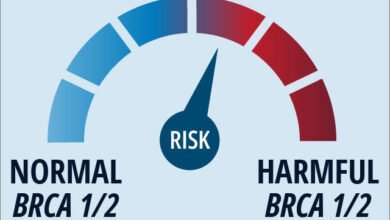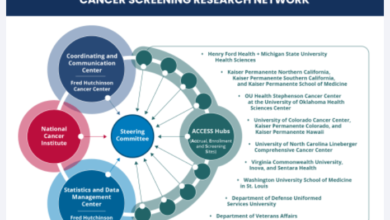Cancer Treatment: Can Less Be More?

Guest Post by William G. Nelson, MD, PhD, Editor-in-Chief, Cancer Today
An extraordinary wave of progress against cancer has occurred in the United States over the past three decades. From its peak in 1991, cancer mortality has declined by more than a third. Smoking cessation, human papillomavirus (HPV) vaccination, improved cancer screening, and better cancer treatments are poised to push cancer deaths even lower.
With growing success in the treatment of many cancers has come a reexamination of the profound impact cancer treatment has on those with the disease. A cancer survivor faces a plethora of physical, emotional, social, and financial challenges. Surgery, radiation therapy, chemotherapy, and immunotherapy are all plagued by short-term toxicities and longer-term complications that can dominate life during and after cancer treatment and impinge upon its quality.
Molecular Profiling and survivorship
Fortunately, the same detailed knowledge of cancer genes and gene programs that has led to spectacular advances in cancer treatment may also improve cancer survivorship. Molecular profiling of individual cancers is now commonly used in cancer treatment planning. Breast cancer provides a compelling example.
For many years, testing breast tumor tissues for the presence of the estrogen receptor (ER), the progesterone receptor (PR), and the human epidermal growth factor receptor 2 (HER2) has been essential to steering women with breast cancer toward or away from endocrine therapies or agents like Herceptin (trastuzumab) that bind to HER2.
Newer molecular profiling tools have further refined and individualized breast cancer treatment decision-making.
With the use of these modern tests, breast cancer researchers are collecting data about which women with breast cancer might need intensive treatment with surgery, radiation therapy, endocrine therapy, and chemotherapy and which might not need all of these treatments.
Already, as a result of breast cancer screening using mammography and other approaches, many breast cancers are small enough when detected to allow lumpectomy as a surgical treatment option. In addition, recurrence risk scores from some of the molecular profiling tools are often used to ascertain who might safely avoid chemotherapy and its attendant risks after breast surgery.
Breast conservation surgery and radiation
Out of a fear that breast conservation surgery, as opposed to mastectomy, would carry an unacceptably high risk for cancer recurrence in the remaining breast tissue, most women who have this surgery undergo breast radiation afterward. Breast radiation is associated with side effects like skin irritation and other changes, and more rarely with future health risks. But a report in the Aug. 17, 2023, issue of the New England Journal of Medicine described the outcomes of women ages 55 and older who were treated with breast conservation surgery but not with breast radiation after surgery.
All the women had small cancers of the breast that were defined by molecular profiling criteria as luminal A, one of the major breast cancer subtypes. Of the 500 women enrolled in the study, recurrence in the breast that had surgery only, without radiation, was 2.3% at five years.
This was not significantly different from the five-year rate of cancer occurrence in the other breast, which would not have been irradiated as part of standard practice. These data suggest that radiation therapy, which constitutes overtreatment in this setting, can be safely avoided after breast conservation surgery for women with small, luminal A breast cancers.
These findings for breast cancer are only the tip of the iceberg for all human cancers, as molecular diagnostic tests increasingly determine who needs what treatment, including who can avoid certain treatments and their complications. Hopefully, as we cut cancer mortality in half over the next 25 years, the goal of the Cancer Moonshot, we will do so using these types of molecular tests to provide equally dramatic improvements in cancer survivorship.
William G. Nelson, MD, PhD, is the editor-in-chief of Cancer Today, the quarterly magazine for cancer patients, survivors, and caregivers published by the American Association for Cancer Research. Nelson is the Marion I. Knott professor of oncology and director of the Sidney Kimmel Comprehensive Cancer Center at Johns Hopkins in Baltimore. You can read his complete column in the winter 2023/2024 issue of Cancer Today.
Source link
#Cancer #Treatment



